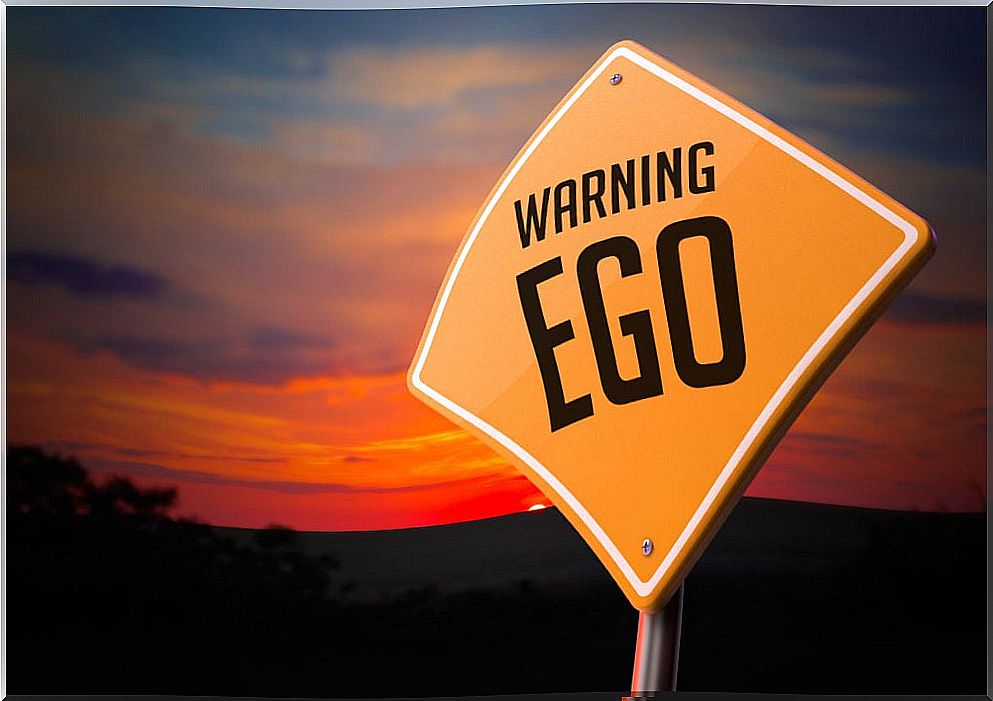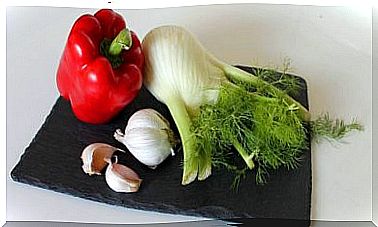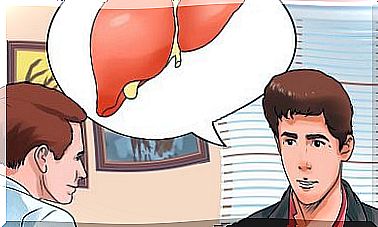The 4 Identities Of The EGO
All identities of the ego are nothing more than a mirage that we ourselves have created out of fear of failure, not standing out and being part of a whole

The ego is the part of us that identifies our “I”. However, there are 4 identities of the ego that cause it to not be, precisely, our friend.
When the ego is high it can trigger major conflicts. For example, it urges us to judge, criticize, and attack others.
We build our identity according to the ego, but is that really what we are? Do we define ourselves like this?
Let’s answer these questions by delving into the 4 identities of the ego.
The four identities of the ego
1. My possessions define me

From childhood they teach us that having things is important, because they define us. If we have many, it is that we are doing well. If we have few, it is because we have shortages or we lack money.
Having many gifts makes us feel that we are happy. On the other hand, if this is not the case, we will feel unhappy when comparing ourselves with others.
All this has caused our identity to be associated with our possessions. When, in reality, what we are passes over all this.
Minimalism is a trend that many people are practicing to eliminate the first of the ego identities.
It consists of eliminating everything unnecessary, which is not useful and only serves to occupy space in our life.
In this way, we can begin to be aware that we are not valuable for what we have, but for who we are.
2. My identity is made up of the opinions of others

Just as defining ourselves according to our possessions is something that we have been taught, we have also been educated to always take into account the opinions of others.
In this way, in this second of the ego’s identities, we have developed an appalling fear of criticism and, also, we have begun a constant search for external approval.
Decision-making, our way of dressing and behaving, all this is always subject to what others may think or say.
However, if the opinions of others make up our identity, what if there are different points of view?
What will happen is that today we will believe that we are hard workers because they have told us so, while tomorrow we can consider ourselves lazy because someone has said so.
This causes us to feel lost and not really know who we are.
3. I am what I do
In the third of the ego identities, doing things well, even the status we achieve in our work defines us. The better we do them, the more value we have.
However, as in the previous cases, this is nothing more than the result of an internal fear of not feeling valid.
That is why we look for jobs that are well regarded or in which we know that we are going to have a chance to move up quickly.
We are afraid of failure, because our ego tells us that we are our money, our job, the position we have in the company, the things we do or the personnel that we are in charge of.
So, if we make a mistake, what happens? If we lose our job, what happens? Do we stop being who we are?
4. I am separated from everything else
The fourth of the ego dimensions makes us believe that we are separate from everything else. We do not believe that we have something to do with other people, that is why we compare ourselves, we seek to be special and unique.
We are not able to see ourselves as a whole, because that terrifies us. It would be losing our identity, or maybe not?
Believing that what we have, our achievements and our money define us makes us poor. It prevents us from feeling whole if we don’t have any of it.
It is a way of self-sabotaging ourselves, of depending on the external to be happy, feel valid and believe that we are someone.
These 4 ego identities are very present in our life. However, everything we thought defined us is actually nothing more than a mirage full of fear.
Fear of not being unique and being part of a whole. An intense fear of investigating within ourselves what our true identity is that urges us to focus on the external.
Nobody teaches us to search for ourselves.
See also:








